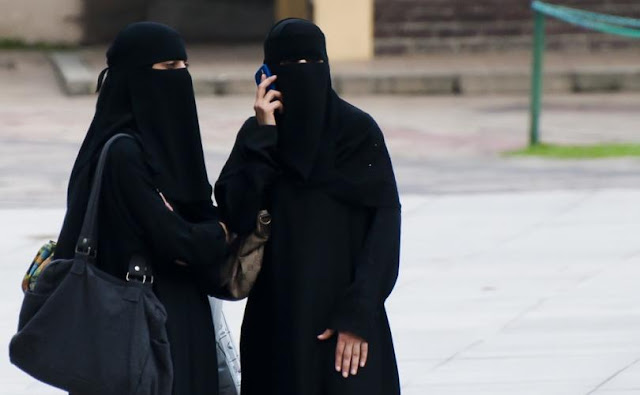Israel castigated for dishonouring Ramadan - hypocrisy
Imagine a hypothetical scenario: It’s the Islamic holy month of Ramadan, and an opportunity emerges for the terrorists of Hamas to attack the heartland of Israel. Would they refrain from launching the attack to observe their holy month?
Now, move from the hypothetical scenario back to reality. As the Israel-Hamas war continues, many politicians and media pundits have come together in a concerted effort to pressure Israel for a cease-fire in Gaza during Ramadan.
Why exactly?
It is a holy month for Muslims, we are told, so Israel must stop its military operation. The fanciful pattern is now predictable. A politician or a celebrity issues a demand and posts it on social media to millions of keyboard “followers,” who then repost and simply repeat the demand without the least intellectual effort to fathom its core.
One may understand a push for a cease-fire for humanitarian reasons or tactical military needs. Still, this call for a cease-fire is directly linked to the advent of a Muslim religious month. Evidently, the call is driven mainly by Hamas sympathizers and by many who are ignorant about the Muslim history concerning Ramadan.
So, what is Ramadan, really? And historically, was Ramadan really a month when Muslims stopped fighting?
Ramadan is the ninth of the twelve months in the Islamic calendar. The calendar is lunar, following the shapes of the moon, and each month begins with the crescent. Muslims consider the crescent one of Islam’s major symbols.
In Ramadan, observant Muslims devote time to prayer, reading the Quran, and fasting from sunrise to sunset. Their goal is to receive Allah’s favour by fulfilling the religious duties prescribed in Muslim traditions. After all, Islam is a works-based religious system where rituals and duties are the way to obtain divine approval.
While many Westerners may imagine that billions of Muslim devotees are starving themselves for most of the day, the reality is less impressive than that. Cultural Muslims—which compose the vast majority of Muslims—don’t really observe most rituals, especially the long fast. Ramadan becomes a cultural celebration for them, often involving two large festive meals, one after sunset and one before sunrise. This is why many Muslims report a pattern of significant expenditure on food consumption and weight gain during Ramadan.
Ramadan is indeed a particular month for Muslims, but not necessarily a peaceful one.
Still, Ramadan is a specific month for Muslims, but not necessarily peaceful. What many don’t know is that Muslims cherish Ramadan not only as a month of fasting and worship but also as a month of fighting and jihad. The history of Islam and the biography of Muhammad are clear.
Muhammad’s first great victory over his unbelieving enemies was during Ramadan in the Battle of Badr. Six years later, during Ramadan, he initiated another battle against his enemies—a military expedition labelled by Muslims as the victory of victories because, through this war, Muhammad subdued all his major enemies and became the king of Western Arabia. This, too, was during Ramadan.
When Muhammad had the chance, he didn’t seek a cease-fire or voice concerns that the fighting violated Ramadan.
While many of today’s secularists and politicians have no clue about Islamic history, Muslims pine for the days of Muhammad, who victoriously defeated the unbelievers in Ramadan. This is why it is entirely plausible that if Hamas had the upper hand, it would never refrain from attacking the Jews to observe Ramadan.
But it’s not only the example of Muhammad, as Muslim history is full of examples of Muslims launching wars in Ramadan, following in the footsteps of Islam’s founder. Muslims invaded the Persian Empire in the Battle of Qadisiyyah in Ramadan, only a few years after Muhammad’s death. They also conquered Spain during Ramadan.
Why didn’t they wait for Ramadan to be over to begin marching for wars? Because they sought victory and dominion. They didn’t call for a cease-fire during Ramadan when they were powerful and capable of accomplishing victories.
For Muslims, a victory in battle is a sign of Allah’s favour and is viewed as jihad for Allah’s cause. Ramadan, for them, is a month of devotion and tranquillity when needed. If times change and religious superiority and political hegemony are in sight, war and fighting during Ramadan are not only desired but commanded and commendable—war is simply jihad for Allah’s cause.
All this should be kept in mind as you hear Israel castigated for dishonouring Ramadan. As Israel knows all too well, the fight goes on, Ramadan or not.



